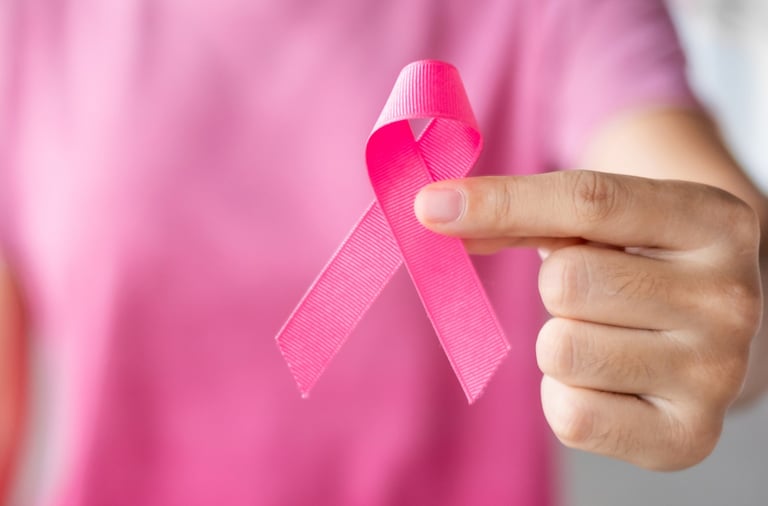Cancer Scare in Maharashtra: Over 14,500 Women in Hingoli Show Symptoms, Exposing Rural Health Gaps
In an alarming development from Hingoli district, Maharashtra, a large-scale health screening initiative has uncovered cancer-like symptoms in over 14,500 women.
NATIONAL
Thinkbrief
7/14/20252 min read
In an alarming development from Hingoli district, Maharashtra, a large-scale health screening initiative has uncovered cancer-like symptoms in over 14,500 women. Conducted under the state government’s Sanjivani campaign, this door-to-door health survey has brought critical attention to the state of women’s health in rural India and the urgent need for accessible medical infrastructure, early detection, and continuous care.
The screening drive, held between March 8 and 27, reached approximately 293,000 women, making it one of the most extensive efforts of its kind in the region. ASHA workers and community health volunteers used a 10-point questionnaire in Marathi to identify women who may be at risk of various forms of cancer, particularly uterine, breast, oral, and cervical cancers. Based on these responses, 14,542 women were flagged with symptoms indicative of potential malignancy and referred for further medical evaluation.
Follow-up examinations at Primary Health Centres (PHCs) revealed 996 cases requiring urgent diagnostic procedures such as mammograms, biopsies, and visual inspections. From this group, twelve women have already been confirmed to have cancer: three cases of uterine cancer, one of breast cancer, and eight of oral cancer. The remaining flagged women are still undergoing additional screening and testing in a process expected to take several weeks.
The magnitude of these findings is both worrying and revealing. While the high number of suspected cases is partly due to the broad criteria of symptom-based screening, it also indicates the widespread neglect of women’s health in rural areas. Many women in districts like Hingoli often delay or avoid medical attention due to social stigma, lack of awareness, and limited access to quality healthcare services.
Maharashtra’s Health Minister, Prakash Abitkar, has acknowledged the situation in the state assembly, affirming that while Hingoli lacks a specialized cancer hospital, district-level facilities and mobile diagnostic units are being mobilized to address the crisis. Additionally, a network of “cancer warriors”, trained under Tata Memorial Hospital, has been activated to support diagnosis and outreach. Furthermore, eight district hospitals have started day-care chemotherapy centers, with plans to expand this model to all districts.
Despite these promising steps, the episode in Hingoli raises serious concerns about the state’s preventive healthcare strategies, especially in underdeveloped regions. It also underscores the importance of institutional support, awareness programs, and regular screening drives to catch diseases like cancer in their early stages.
In conclusion, the Hingoli case is both a tragedy and an opportunity—a tragic reflection of systemic gaps in women’s healthcare and an opportunity for urgent reform. With proper follow-through in diagnostics, treatment, and education, Maharashtra can transform this crisis into a model of proactive public health intervention. If replicated elsewhere, the Hingoli experience could help India take a decisive step toward universal women’s healthcare access and early cancer detection, potentially saving thousands of lives each year.

